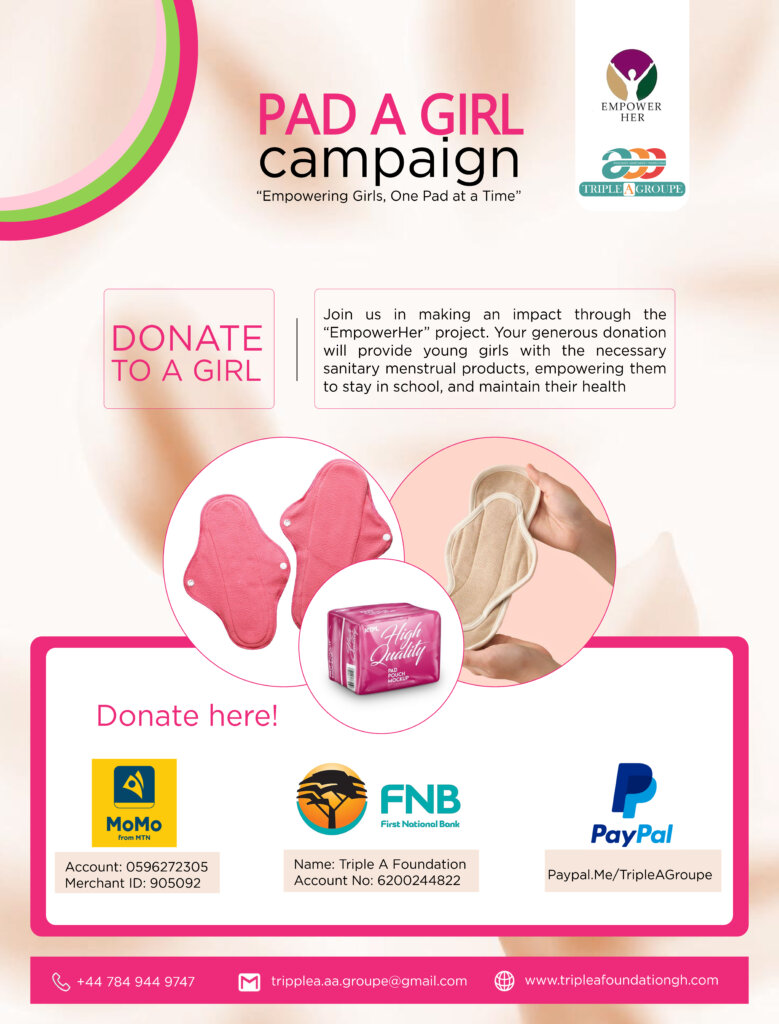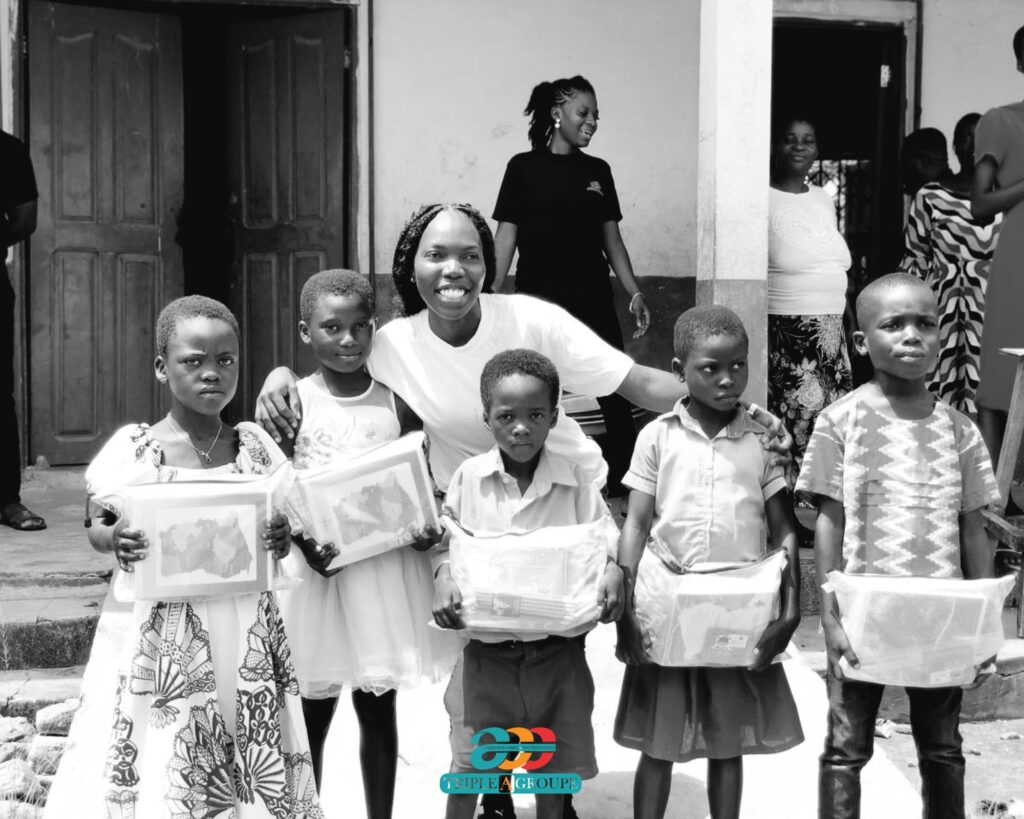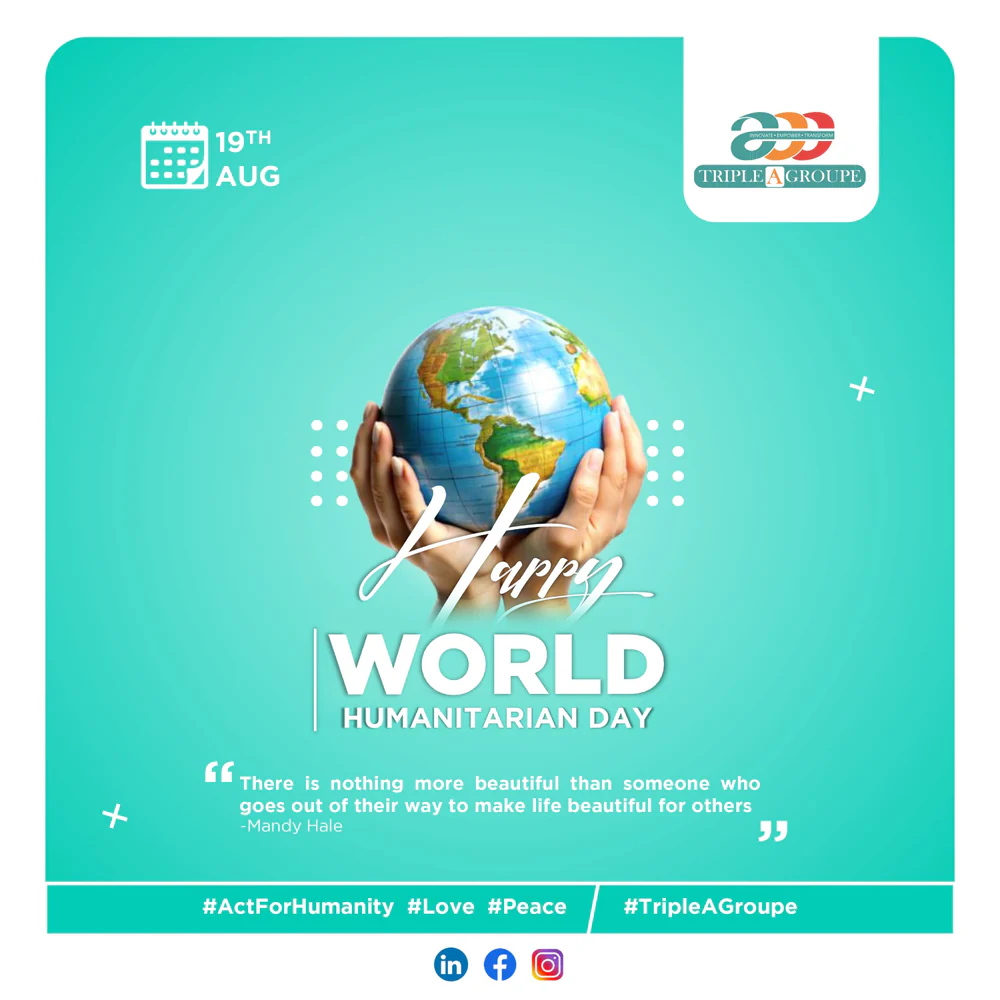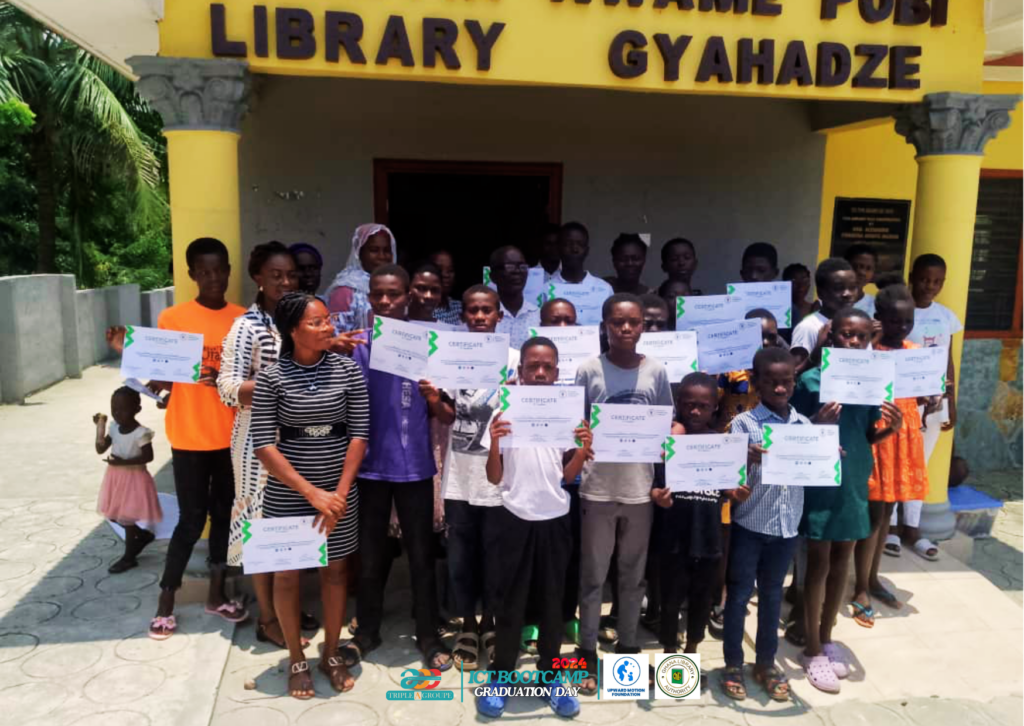On Ghana’s major highways and urban roads, it is common to see children as young as five hawking goods, wandering, or begging for alms to survive. Streetism remains a pressing social issue, particularly in peri-urban and urban areas like Accra, depriving thousands of children of fundamental rights such as education, shelter, healthcare, and protection. Ensuring their rights is not just a moral duty but a legal obligation under international human rights laws and Ghana’s national laws.
According to the 2021 Population and Housing Census, an alarming 1,215,546 children between the ages of 4 and 17 were not in school. Additionally, data from the Department of Social Welfare revealed that 61,492 children were living and growing up on the streets. These statistics underscore the urgency of addressing streetism as a national crisis.
On Ghana’s major highways and urban roads, it is common to see children as young as five hawking goods, wandering, or begging for alms to survive. Streetism remains a pressing social issue, particularly in peri-urban and urban areas like Accra, depriving thousands of children of fundamental rights such as education, shelter, healthcare, and protection. Ensuring their rights is not just a moral duty but a legal obligation under international human rights laws and Ghana’s national laws.
According to the 2021 Population and Housing Census, an alarming 1,215,546 children between the ages of 4 and 17 were not in school. Additionally, data from the Department of Social Welfare revealed that 61,492 children were living and growing up on the streets. These statistics underscore the urgency of addressing streetism as a national crisis.
Effects of Streetism
- Many street children become involved in theft, drug abuse, or gang activities due to desperation and a lack of guidance.
- Street children are often vulnerable to physical, emotional, and sexual abuse.
- Poor sanitation, malnutrition, and lack of medical care can lead to serious health complications for street children.
- It creates a vicious cycle of streetism.
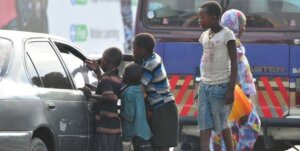
Addressing the Challenge
- The government can initiate livelihood empowerment programs for struggling families through job opportunities and skill development initiatives.
- The government can prioritise providing skills training programs for older street children to equip them with employable skills like tailoring, carpentry, and hairdressing.
- There is a need for awareness creation and sensitisation programs to educate the public about the challenges faced by street children.
- There is a need to strengthen the social welfare system to reunite children with their families or provide safe shelters.
At Triple A, we focus on empowering street-connected children, teenage parents, and the youth. We are committed to addressing their unique concerns, creating opportunities beyond immediate challenges, and fostering holistic well-being and self-sufficiency.
Streetism is not just a child welfare issue; it reflects broader socio-economic inequalities that must be urgently addressed. By investing in policies and programs that prioritise vulnerable children, Ghana can secure a brighter future for its next generation.


